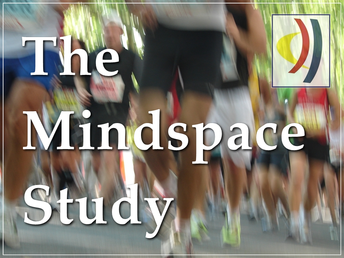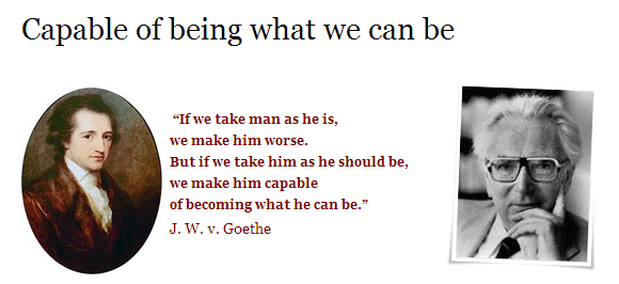The Mindspace StudyThe Mindspace Study started in January 2012 to determine and to document the effects of our network's work in general and of the Shared Mindspace program and its synergies in particular. The study aims to provide a scientific basis for continued improvement.
We are honoured that twenty-eight scientists and researchers from the fields of behavioural studies, psychology, education and learning laboratories cooperate on this project: scholars from universities from all continents have joined our international think tank to conduct this in-depth study, laid out for twenty-five years. |
The individual teams include experts from the universities of Singapore, Shanghai, Sydney, Abu Dhabi, Sao Paulo, Vienna, Hamburg, St. Gallen, Oslo, the UCL, the MIT and other great playgrounds of the human mind. Together we are looking into the short-, mid- and longterm effects of the wide array of synergies the Shared Mindspace system offers and compare them with the lives and careers of students who have not left their home environment until they reached at least BSc level or an equivalent thereof. Furthermore, research will incorporate input from data coming from other relevant studies, partly in progress and partly already finished and published.
|
All insights and data available contribute to throw light on the question of the extent to which educational goals and academic efforts interact with an open-minded attitude.
We believe in fair give-and-take – from a practical and from a humanitarian perspective – and in diversity of cultures and lifestyles. The study will hopefully provide efficient tools and new ideas to support our work in years to come. |
The work of the individual teams looks at the criteria that we consider to be the keys to a fulfilled life, and they will compare thousands of students’ life lines throughout the entire time span covered by the agreement (and quite possibly beyond):
*** the students’ subjective feeling of happiness and purpose in life
*** their individual assessment of having found their personal “element” (a definition is here)
*** their personal judgement of having reached their academic goals (or not)
*** the question of domino effects on friends and family
*** their (changed) attitude towards society and their readiness to contribute
*** the students’ subjective feeling of happiness and purpose in life
*** their individual assessment of having found their personal “element” (a definition is here)
*** their personal judgement of having reached their academic goals (or not)
*** the question of domino effects on friends and family
*** their (changed) attitude towards society and their readiness to contribute



